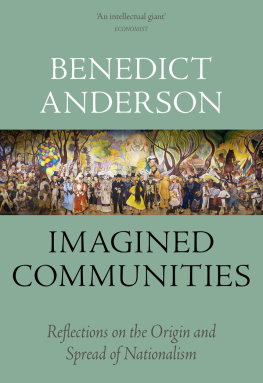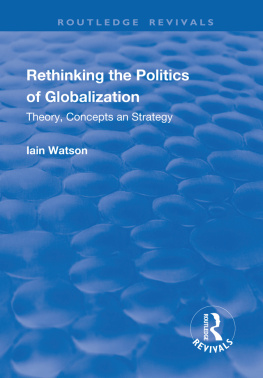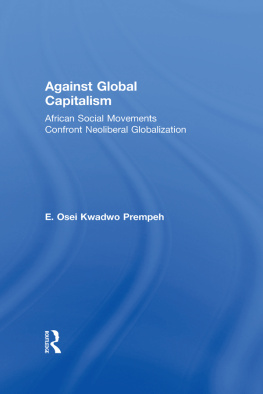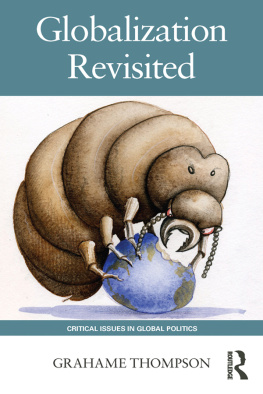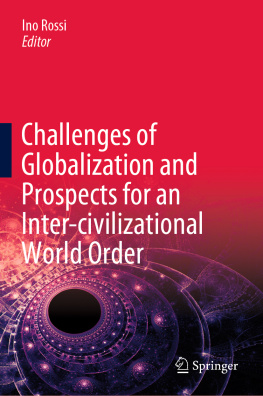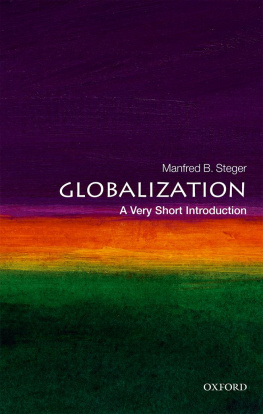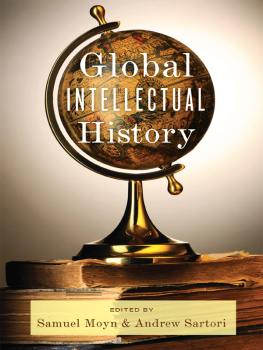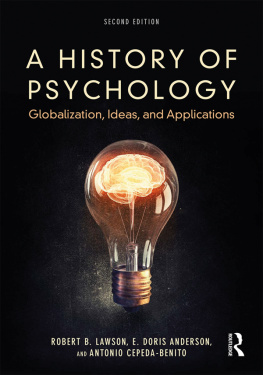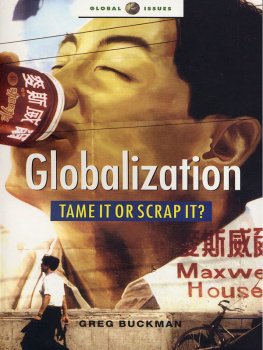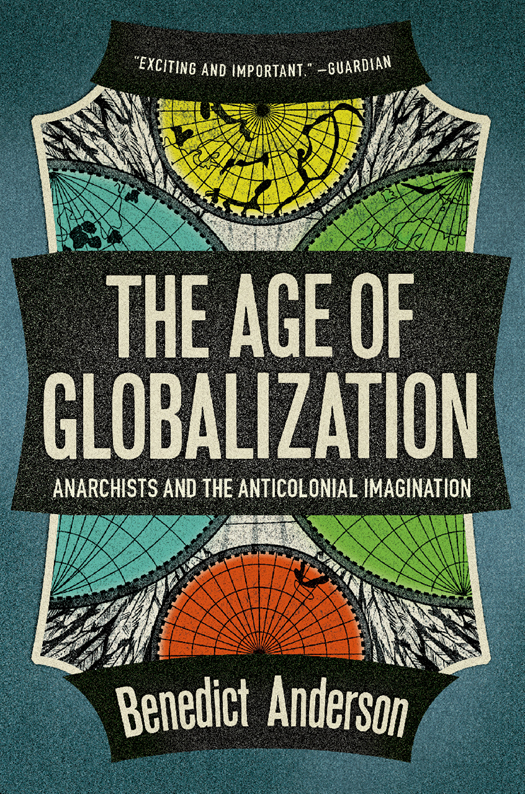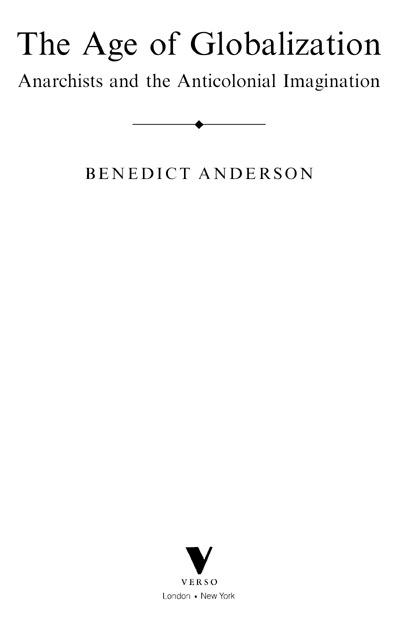First published by Verso as Under Three Flags in 2005
Benedict Anderson 2005
This edition published by Verso
Benedict Anderson 2005, 2007, 2013
All rights reserved
The moral rights of the author have been asserted
Verso
UK: 6 Meard Street, London W1F 0EG
US: 20 Jay Street, Suite 1010, Brooklyn, NY 11201
www.versobooks.com
Verso is the imprint of New Left Books
ISBN (US): 9781781681985
ISBN (UK): 9781781685075
British Library Cataloguing in Publication Data
A catalogue record for this book is available from the British Library
Library of Congress Cataloging-in-Publication Data
A catalog record for this book is available from the Library of Congress
v3.1
Its a mutual, joint-stock world, in all meridians.
We cannibals must help these Christians
Queequeg
In homage to Herman Melville
In memory of Tsuchiya Kenji
For Kenichiro, Carol and Henry
Contents
Acknowledgments
Many people and institutions have given me indispensable help in preparing this book. Among the individuals, my biggest debt has been to my brother Perry for tirelessly hunting up materials to broaden and complicate my thinking and for characteristically meticulous and perspicacious criticisms. Second only to him have been Carol Hau and Ambeth Ocampo. Others whom I would like deeply to thank are Patricio Abinales, Ronald Baytan, Robin Blackburn, Karina Bolasco, Jonathan Culler, Evan Daniel, Neil Garcia, Benjamin Hawkes-Lewis, Carl Levy, Fouad Makki, Franco Moretti, Shiraishi Takashi, Megan Thomas, Tsuchiya Kenichiro, Umemori Naoyuki, Wang Chao-hua, Wang Hui, Susan Watkins, Joss Wibisono, and Tony Wood.
The four institutions which have kindly made rare materials available to me are the Internationaal Instituut voor Sociale Geschiedenis in Amsterdam, the National Library of the Philippines, the Library of the University of the Philippines, and the Library of Ateneo de Manila University, especially the staff of the Pardo de Tavera Collection. I owe them all a debt of gratitude.
Introduction
If one looks up at a moonless, dry-season, tropical night sky, one sees a glittering canopy of stationary stars, connected by nothing but darkness visible and the imagination. The serene beauty is so immense that it takes an effort of will to remind oneself that these stars are actually in perpetual, frantic motion, impelled hither and yon by the invisible power of the gravitational fields of which they are ineluctable, active parts. Such is the Chaldean elegance of the comparative method, which, for example, allowed me once to juxtapose Japanese nationalism with Hungarian, Venezuelan with American, and Indonesian with Swiss. Each shining with its own separate, steady, unitary light.
When night fell in revolutionary Haiti, yellow-fevered Polish troops under General Charles Leclerc, sent by Napolon to restore slavery, heard their adversaries in the near distance singing the Marseillaise and a ira! Responding to this reproach, they refused an order to massacre black prisoners. The Scottish Enlightenment was decisive for framing the American anticolonial insurrection. The Spanish American nationalist independence movements are inseparable from the universalist currents of liberalism and republicanism. In their turn Romanticism, democracy, Idealism, Marxism, anarchism, even, late in the day, fascism were variously understood as globe-stretching and nation-linking. Nationalism, that element with the highest valency of all, combined with all these others in different ways and in different times.
This book is an experiment in what Melville might have called political astronomy. It attempts to map the gravitational force of anarchism between militant nationalisms on opposite sides of the planet. Following the collapse of the First International, and Marxs death in 1883, anarchism, in its characteristically variegated forms, was the dominant element in the selfconsciously internationalist radical Left. It was not merely that in Kropotkin (born twenty-two years after Marx) and Malatesta (born thirty-three years after Engels) anarchism produced a persuasive philosopher and a colorful, charismatic activistleader from a younger generation, not matched by mainstream Marxism. Notwithstanding the towering edifice of Marxs thought, from which anarchism often borrowed, the movement did not disdain peasants and agricultural laborers in an age when serious industrial proletariats were mainly confined to Northern Europe. It was open to bourgeois writers and artistsin the name of individual freedomin a way that, in those days, institutional Marxism was not. Just as hostile to imperialism, it had no theoretical prejudices against small and ahistorical nationalisms, including those in the colonial world. Anarchists were also quicker to capitalize on the vast transoceanic migrations of the era. Malatesta spent four years in Buenos Airessomething inconceivable for Marx or Engels, who never left Western Europe. Mayday celebrates the memory of immigrant anarchistsnot Marxistsexecuted in the United States in 1887.
This books temporal focus on the final decades of the nineteenth century has still other justifications. The near-simultaneity of the last nationalist insurrection in the New World (Cuba, 1895) and the first in Asia (the Philippines, 1896) was no serendipity. Natives of the last important remnants of the fabled Spanish global empire, Cubans (as well as Puerto Ricans and Dominicans) and Filipinos did not merely read about each other, but had crucial personal connections and, up to a point, coordinated their actionsthe first time in world history that such transglobal coordination became possible. Both were eventually crushed, within a few years of each other, by the same brutish would-be world hegemon. But the coordination did not take place directly between the broken hill-country of Oriente and Cavite, but was mediated through representatives, above all in Paris, and secondarily in Hong Kong, London and New York. Newspaper-reading Chinese nationalists eagerly followed events in Cuba and the Philippinesas well as the Boer nationalist struggle against Ukanian imperialism, which Filipinos also studiedto learn how to do revolution, anticolonialism, and anti-imperialism. Both Filipinos and Cubans found, to different degrees, their most reliable allies among French, Spanish, Italian, Belgian and British anarchistseach for their own, often non-nationalist reasons.



